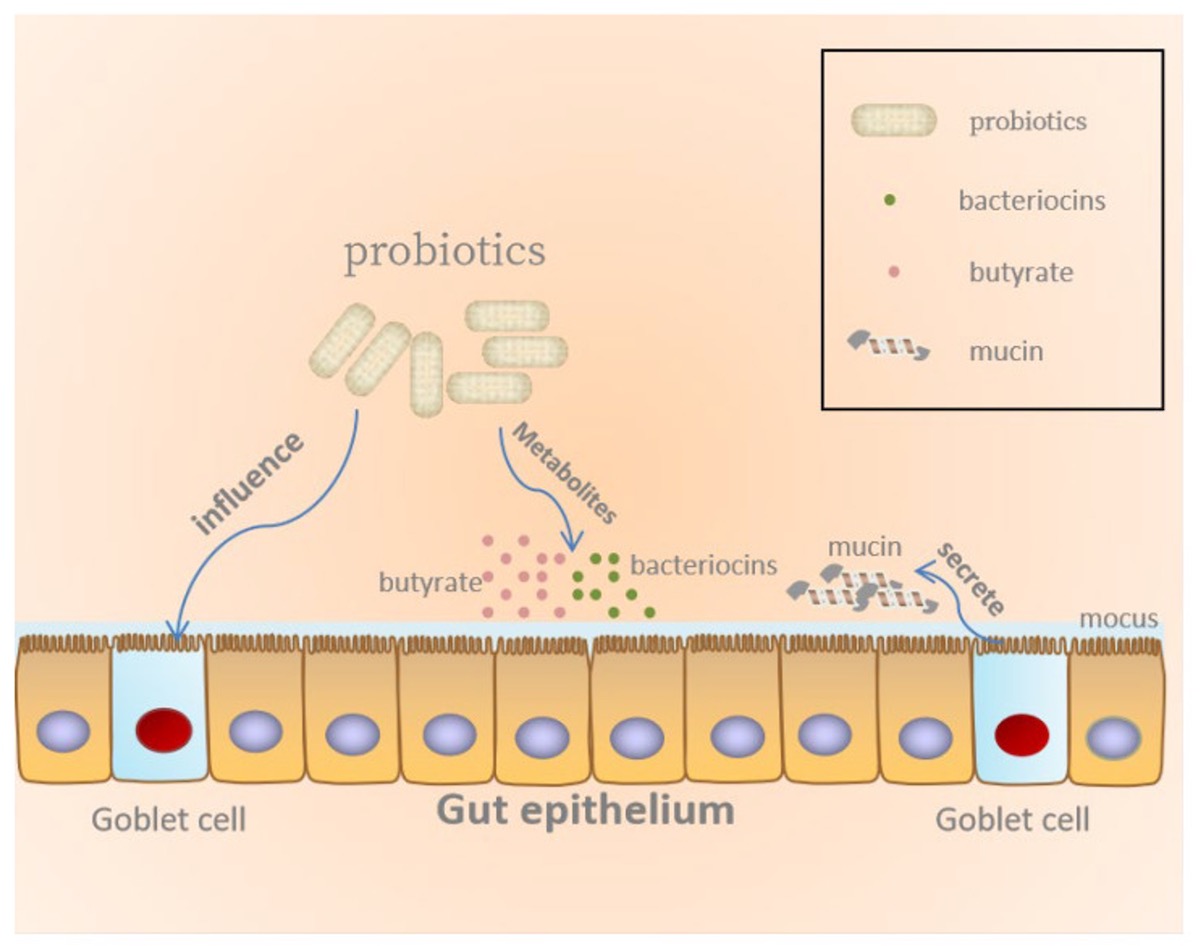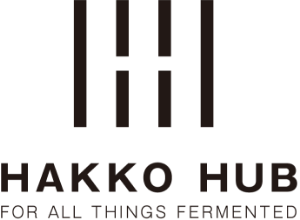Fermented Foods for Immune System
Last October, American food professionals visited fermented food producers to deepen their knowledge of Japanese fermentation culture during the “Hakko Tourism in Japan” tour campaign. As part of the tour, organizers held a tasting session where guests gave candid advice from the perspective of the American market to food product manufacturers looking to enter the United States market.

Fermented food is rich in probiotics.

The growth of beneficial bacteria.
Lactic acid bacteria
Yeast fungi
Koji mold
Acetic acid bacteria
Bacillus natto

Wang X, Zhang P, Zhang X. Probiotics Regulate Gut Microbiota: An Effective Method to Improve Immunity. Molecules. 2021 Oct 8;26(19):6076. doi: 10.3390/molecules26196076. PMID: 34641619; PMCID: PMC8512487.
Shahbazi, R., Sharifzad, F., Bagheri, R., Alsadi, N., Yasavoli-Sharahi, H., & Matar, C. (2021). Anti-Inflammatory and Immunomodulatory Properties of Fermented Plant Foods. Nutrients, 13(5), 1516. https://doi.org/10.3390/nu13051516
Wastyk, H. C., Fragiadakis, G. K., Perelman, D., Dahan, D., Merrill, B. D., Yu, F. B., Topf, M., Gonzalez, C. G., Van Treuren, W., Han, S., Robinson, J. L., Elias, J. E., Sonnenburg, E. D., Gardner, C. D., & Sonnenburg, J. L. (2021). Gut-microbiota-targeted diets modulate human immune status. Cell, 184(16), 4137–4153.e14. https://doi.org/10.1016/j.cell.2021.06.019
Kechagia M, Basoulis D, Konstantopoulou S, Dimitriadi D, Gyftopoulou K, Skarmoutsou N, Fakiri EM. Health benefits of probiotics: a review. ISRN Nutr. 2013 Jan 2;2013:481651. doi: 10.5402/2013/481651. PMID: 24959545; PMCID: PMC4045285.
Tateki Matsuda is the founder of Biohacker Center Japan, holding degrees in Applied Nutrition and Sports Movement Science. As a Professional MMA fighter in the UFC and health consultant in Boston, he combines his expertise in biohacking, nutrition, and athletics to optimize performance and promote holistic wellness.

